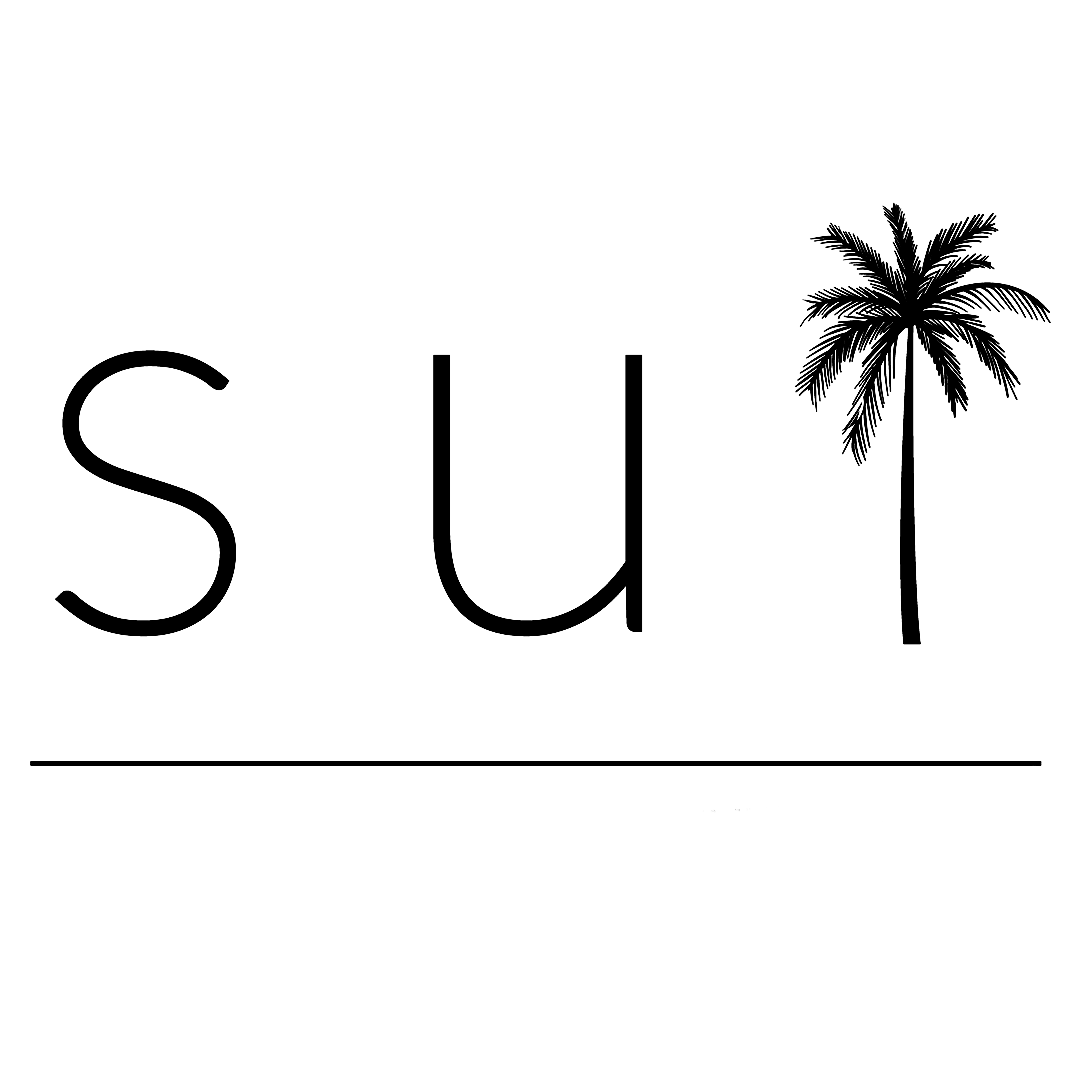"Slow Clothing is a philosophy. It is a way of thinking about, choosing and wearing clothes to ensure they bring meaning, value and joy to every day."
- Jane Milburn
Information can bring you choices, and choices bring you power! We understand that as followers of sustainable fashion, you want to be more informed about your consumption, and make the right decision in identifying whether a brand is truly kind to its people and the planet. As sustainable fashion is becoming more mainstream, we are beginning to see a lot of greenwashing throughout the industry, which is why third-party audits and verifications are becoming very important for every product that we buy. Greenwashing is when a brand creates a false impression of being environmentally friendly and gives misleading information to deceive consumers. Hence, it is useful to know the materials and ingredients from which the product has been made.
There are a lot of different certifications out there that represent different parts of ethical, sustainable, and transparent fashion. Unfortunately, there isn't a single all-encompassing label, organic, but that doesn't guarantee that the dye used was non-toxic or that the outfit was sewed in a fair trade workshop.

Currently, there is no mandate for any company to certify their products. Everything is completely voluntary and brands choose which labels to get based on things like their industry, budget, and operations. At Sui, we use fabrics certified from GOTS, one of the most well respected third-party certifications around, and we have partnered with Truetone Ink who create herbal dyes. We have always believed in being transparent and enjoy sharing the stories of our collections with our customers - the materials used and sourced from, the process and the people involved.
Here, we have listed some well-known labels, some of them are certifications while others are structured networks. Use this guide to know exactly what the labels on your products actually mean!
1. Global Organic Textile Standard (GOTS)
GOTS is one of the most trustworthy and holistic certifications. It covers the processing, manufacturing, packaging, labeling, trading, and distribution of all textiles made from at least 70% certified organic natural fibers. The textiles must meet a certain set of environmental standards (toxicity, wastewater, etc.) as well as social criteria in accordance with the International Labor Organization.
2. Better Cotton Initiative (BCI)
BCI is a non-profit organization that encourages a more sustainable way to source cotton through a defined set of standards. If you see the BCI logo on a product, it means the cotton used comes from a committed BCI member. It's a halfway step to organic that is especially useful for farmers who can't afford to go organic, which can take significant investment and three years to do.
3. Bluesign
Bluesign is a common certification given to textile manufacturers who are producing in a way that is safe for both humans and the environment. They take into consideration everything from water waste to dye toxicity to worker and consumer safety and more.
4. Organic Content Standard (OCS)
Originally developed for cotton but later expanded to other types of textiles, OCS provides a strict chain of custody system from the organic raw material source to your finished product.
5. B Corp
The B Corp certification is the only one that measures a company's entire social and environmental performance, from supply chain and input materials to employee benefit and more. Each company gets a B Impact score, indicating how much room there is for improvement.
6. USDA Organic
USDA Organic products are certified by the US government if they meet strict standards in their growing and harvesting process. They cannot be treated with any pesticides, synthetics, fertilizers, hormones, or other types of additives.
7. ECOCERT
ECOCERT is an independent inspection and certification company that specializes in organic agriculture products. For textiles, the ECOCERT label means the fabric is either GOTS, OCS, and/or Ecological & Recycled Textiles (Ecocert Standard) certified.
8. PETA
The PETA-Approved Vegan label signifies that the brand or product has signed PETA's statement of assurance verifying that their product is vegan. This is based only on self-reporting and brands are not audited to confirm what they state is true.
9. SA8000
Established by Social Accountability International (SAI), SA8000 is a social certification standard for factories and organizations across the globe. Standards are in line with the Universal Declaration of Human Rights and International Labour Organization (ILO) conventions and include things like child labor, forced labor, health and safety, discrimination, working hours, and more.
10. Fairtrade International
Fairtrade International works with small farmers, producers, and traders around the globe who meet strict standards. Though the specifics of these standards vary by industry, they include factors like fair wages, safe working conditions, and supply chain transparency, all audited by FLOCERT.

Slow fashion is at the intersection of ethical and environmentally-friendly fashion. It encompasses garments that are locally sourced, produced, and sold. Supporting slow fashion means selecting well-made, long-lasting garments

